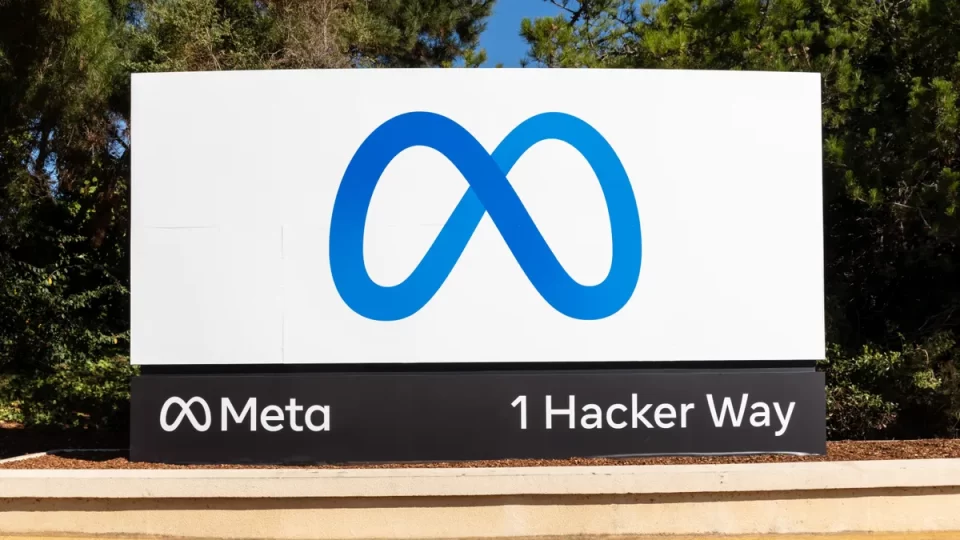Meta has expanded its vision for artificial intelligence (AI) in marketing, revealing plans that could reshape the advertising landscape.
In its Q2 earnings report, which exceeded analyst expectations, Meta outlined how it intends to harness both core AI and the emerging generative AI to revolutionize how ads are created and personalized.
Meta CEO Mark Zuckerberg described a future where advertisers could set a business objective and budget, and AI would autonomously generate and optimize creative content to meet those goals. “In the coming years, AI will be able to generate creative for advertisers and personalize it in real-time,” Zuckerberg explained during an investor call. “Over time, advertisers will simply tell us what they want, and our AI will do the rest.”
While the potential for generative AI in digital advertising is immense, it’s not without its skeptics. Some analysts express concerns about over-reliance on automation and the diminishing role of human oversight. Mike Proulx, vice president and research director at Forrester, emphasized, “Meta is well-positioned to drive value with generative AI for advertisers, but it’s far from a reality where CMOs will fully entrust AI to create ad content without human input.”
Despite these concerns, Meta’s AI advancements are already making an impact. The company’s Meta Lattice, an AI-driven ad-ranking framework, improved ad efficiency and performance in Q2. Additionally, more advertisers are leveraging Advantage+, Meta’s suite of AI-powered tools that optimize ads across various formats and platforms.
On the consumer side, Meta’s AI assistant, introduced last quarter, is rapidly gaining traction and is projected to become the most-used AI tool in its category by the end of 2024.
However, not all of Meta’s ventures are progressing smoothly. The company’s metaverse ambitions, anchored by its Reality Labs division, continue to face significant financial challenges. Reality Labs reported a staggering $4.8 billion in expenses for Q2, a 21% year-over-year increase, while generating only $353 million in revenue. This makes it the division’s highest operating loss in two years, raising questions about the scalability and viability of the metaverse as a consumer product.
Analysts are beginning to question whether Meta should narrow its focus in the metaverse space. “It would seem prudent at this point for Meta to pivot its metaverse ambitions to a more targeted approach,” Proulx suggested.
Despite the metaverse struggles, Meta is making strides in other areas of its ad business. The company has refined its ad targeting across platforms like Facebook and Instagram, leading to increased conversions and revenue without overloading users with ads. E-commerce brands, especially those from Asia-Pacific, continue to invest heavily in Meta’s platforms, with marketplaces like Temu and Shein driving significant ad impression growth in Q2.
As Meta pushes forward with its AI and metaverse strategies, the tech giant faces both promising opportunities and formidable challenges. How it balances these will determine its trajectory in the evolving digital landscape.

